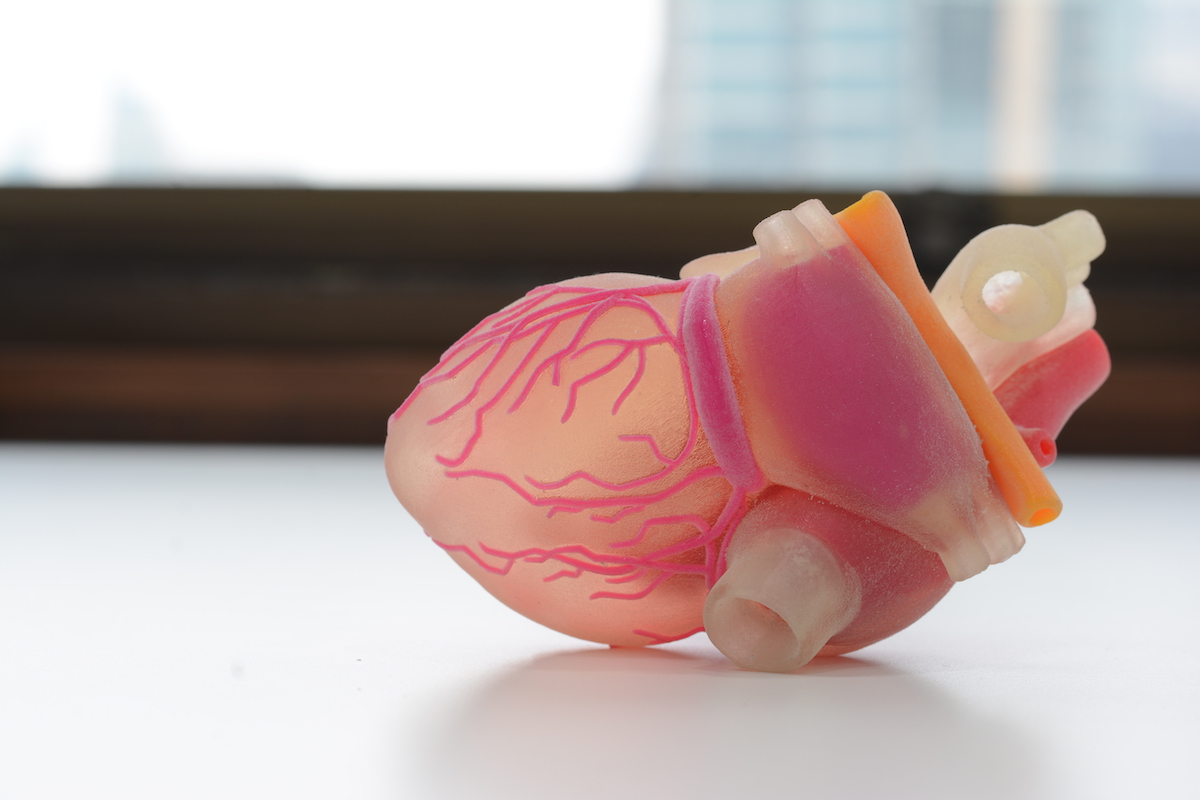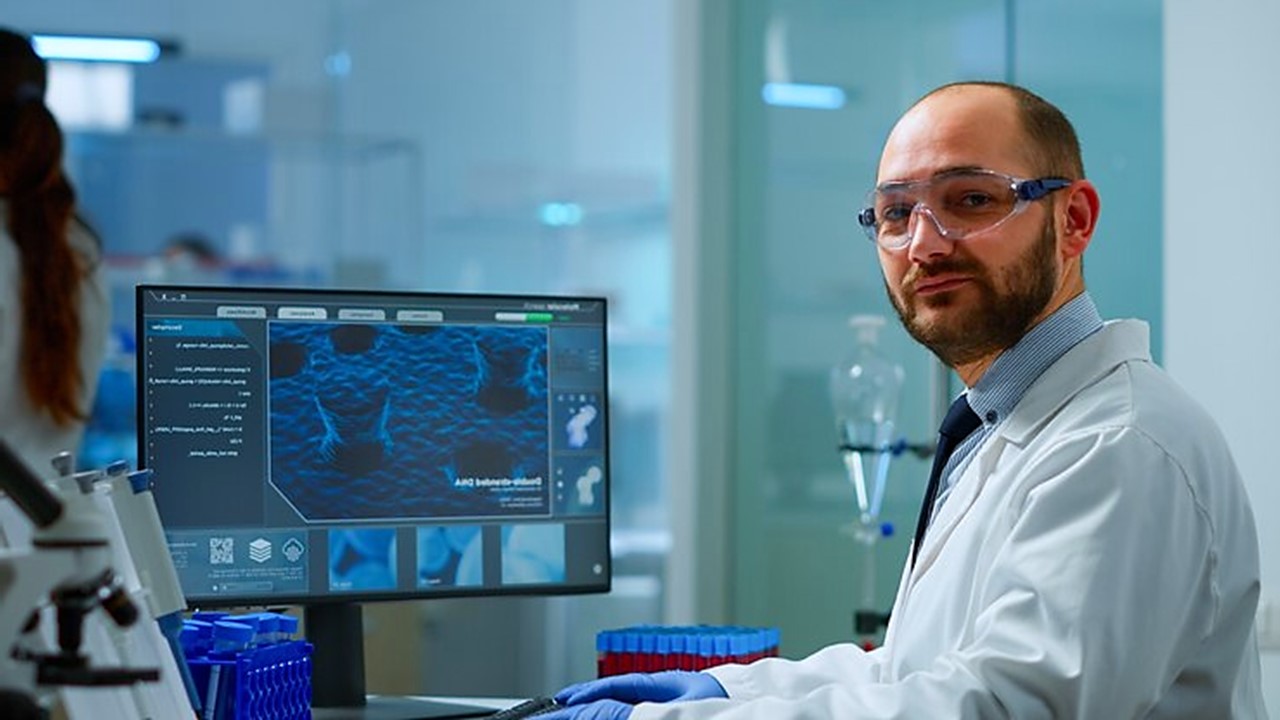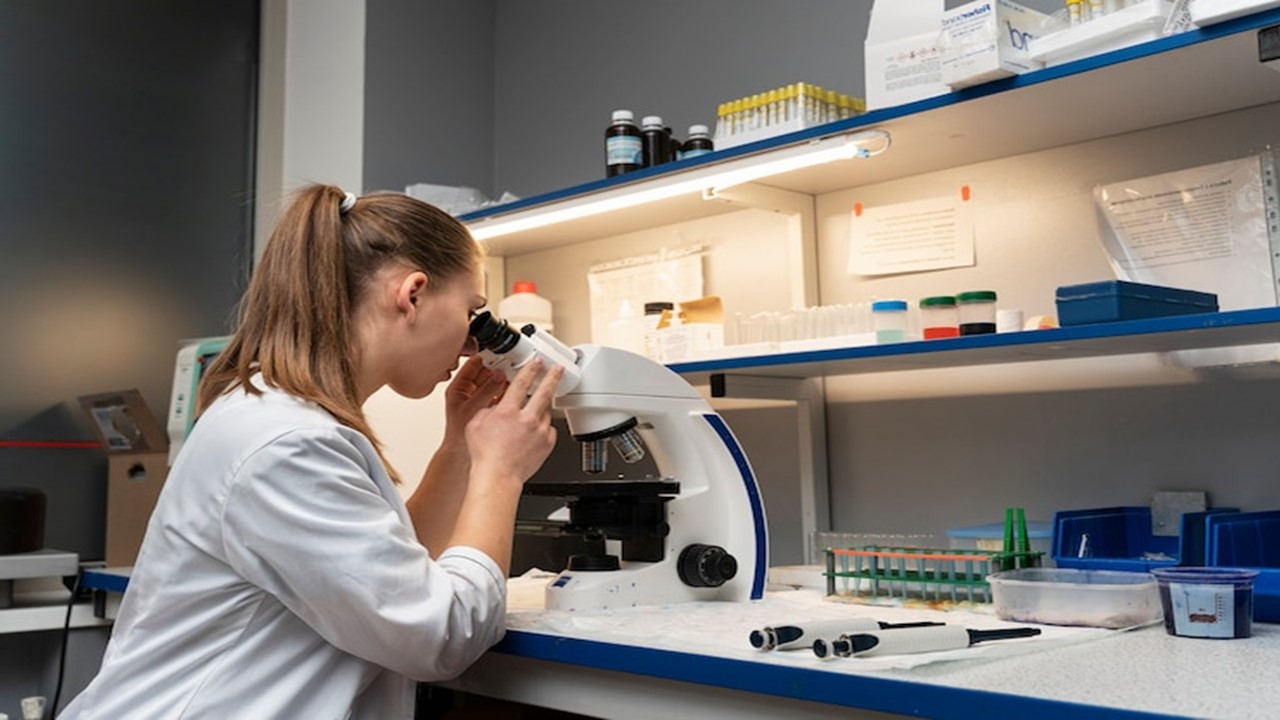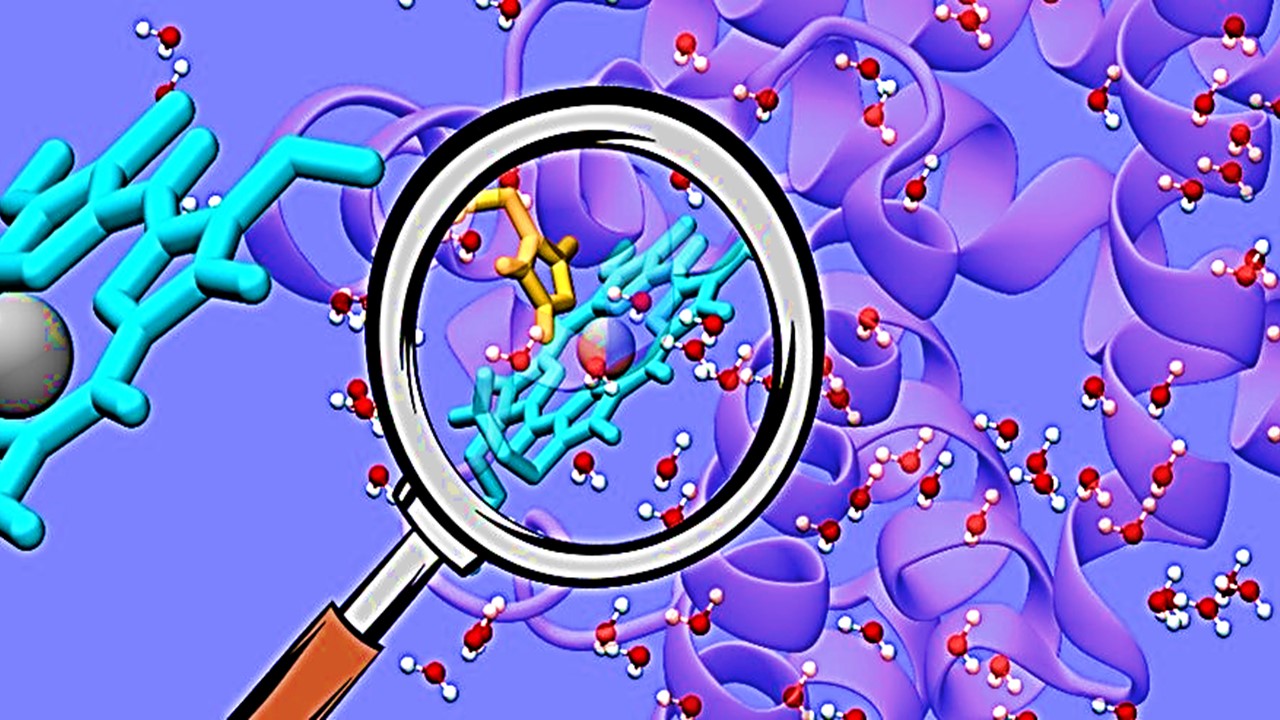People may learn that they have a gene mutation linked to cardiovascular disease (CVD) as genetic testing grows in popularity. The American Heart Association journal Circulation: Genomic and Precision Medicine has produced a scientific statement to assist people and healthcare providers in understanding what to do when a variation is found.
The statement, “Interpreting Incidentally Identified Variants in Genes Associated with Heritable Cardiovascular Disease,” provides advice on how to decide whether a variant carries a health risk, supports medical professionals in how to interact with patients and their families, and reveals suitable follow-up procedures to care individuals with variants considered to be at a greater chance for CVD.
Incidentally Identified Variants in Genes Associated with Heritable Cardiovascular Disease
Variants sometimes discovered inadvertently during testing for conditions unrelated to cardiovascular disease can be revealed through genetic testing if they have been linked to a risk of developing the disease. Pretest genetic counseling is highly advised to prep patients for the likelihood of incidental discoveries, the manner in which and if findings would be disclosed, and what this might mean for them and their family.
It is the first time that inherited monogenic or single-gene CVDs, like hypertrophic cardiomyopathy or long QT syndrome, have been highlighted. The authors of the statement offer a methodology for assessing genetic variants that are discovered incidentally and are associated with CVD in order to determine whether they should be labeled as disease-causing (pathogenic), harmless (benign), or uncertain.
Guidelines for Interpreting Incidentally Identified Variants
According to the authors, health care providers ought to strictly notify patients about unexpectedly discovered variants if those variants are found in genes known to be linked to cardiovascular disease (CVD) and if the patient gave their consent to receiving details regarding unanticipated results during preliminary genetic counseling.
A history of the family and medical examination by a qualified healthcare professional are advised if the newly identified variant raises the risk of CVD. Ideally, this practitioner should be a specialist who is part of or works with a team of specialists to treat the condition in question.
The next course of action should be determined by the results of the clinical assessment and genetic re-evaluation, and it may range from discounting the accidental mutation as unlikely to contribute to CVD to launching medicinal therapies. Periodic reevaluations using the proper procedures (echocardiogram, blood tests, etc.) and even checking other relatives for the variation may also be necessary.
Conclusion
The American Heart Association’s volunteer writing group has produced a scientific statement that lays out a framework for treatment and may aid individuals with a genetic variant linked to CVD and their medical professionals in determining the next phase in figuring out the particular person and family-related risk that a variant could or might not carry. To provide the greatest level of care, it is crucial to work with genetics experts to design an examination and treatment plan to the individual and the genetic variant. Scientific statements assist people make well-informed decisions about their health care and raise public awareness of concerns like cardiovascular disease and stroke.
Study DOI: https://www.ahajournals.org/doi/10.1161/HCG.0000000000000092
Subscribe
to get our
LATEST NEWS
Related Posts

Chronic & Debilitating Diseases
A Sugary Disruption: Types, Mechanisms, and Complications of Diabetes Mellitus
Effective management and prevention of uncontrolled diabetes depend on having a solid understanding of the underlying mechanisms and consequences connected with the condition.
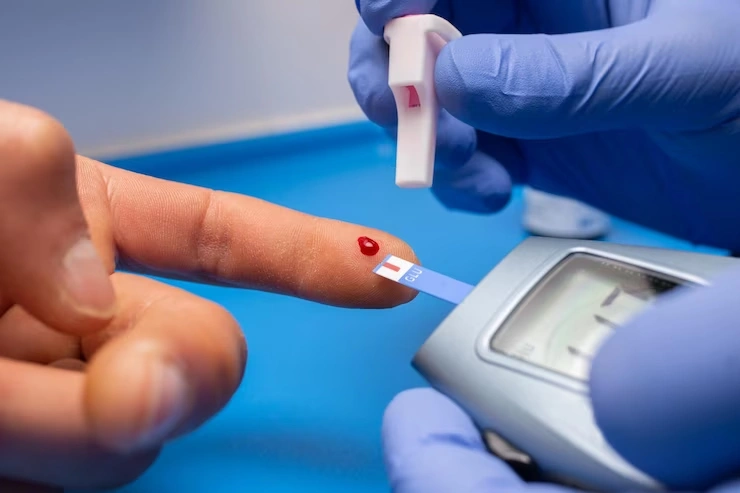
Chronic & Debilitating Diseases
Latest Biomaterials Barcoding Breakthrough is Diabetes Type 1 Game-Changer
Novel screening method using cellularly barcoded alginates paves the way for T1DM advanced biomaterial formulations.
Read More Articles
Synthetic Chemistry’s Potential in Deciphering Antimicrobial Peptides
The saga of antimicrobial peptides unfolds as a testament to scientific ingenuity and therapeutic resilience.




